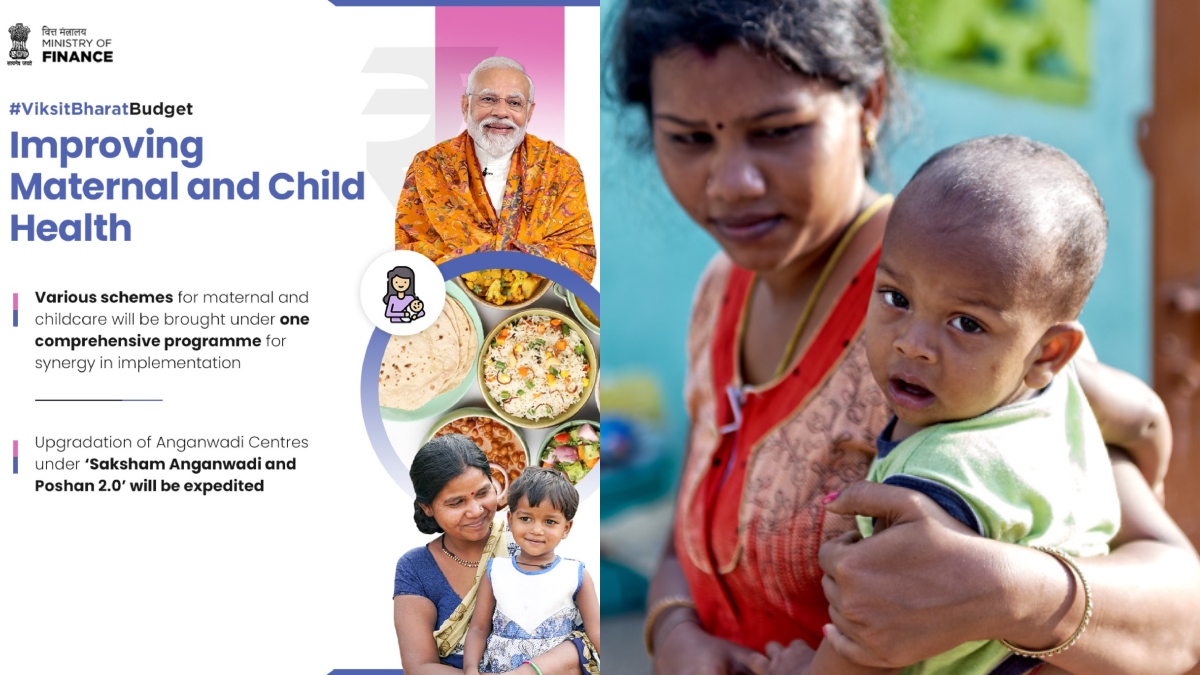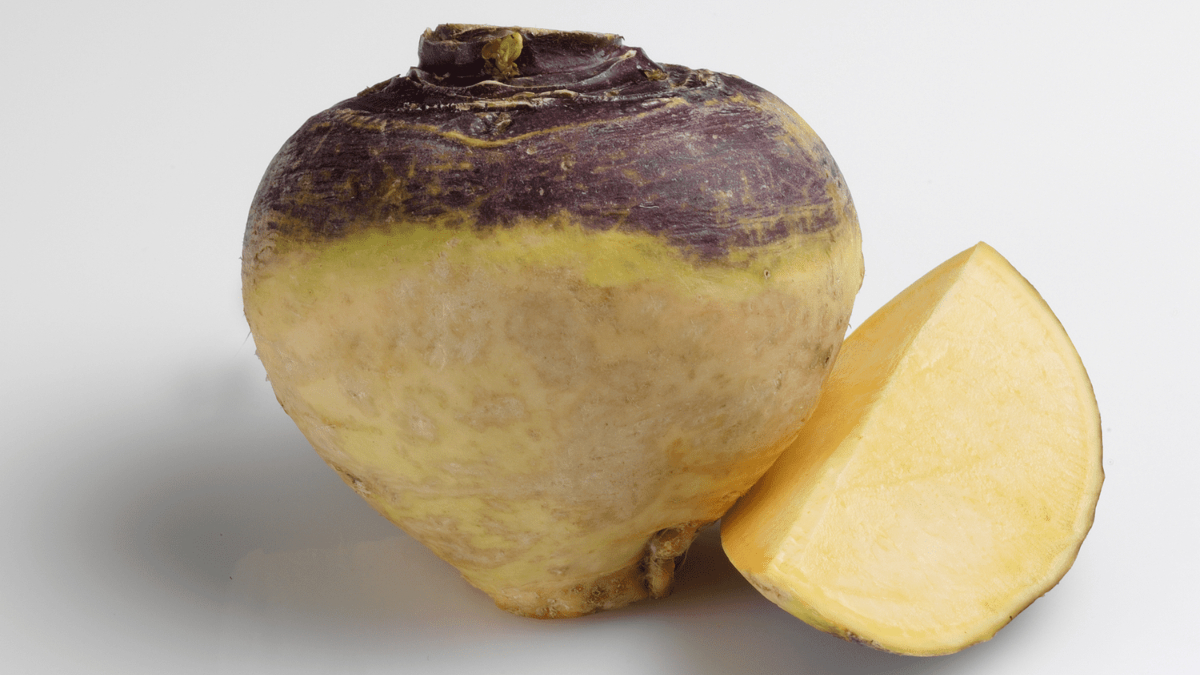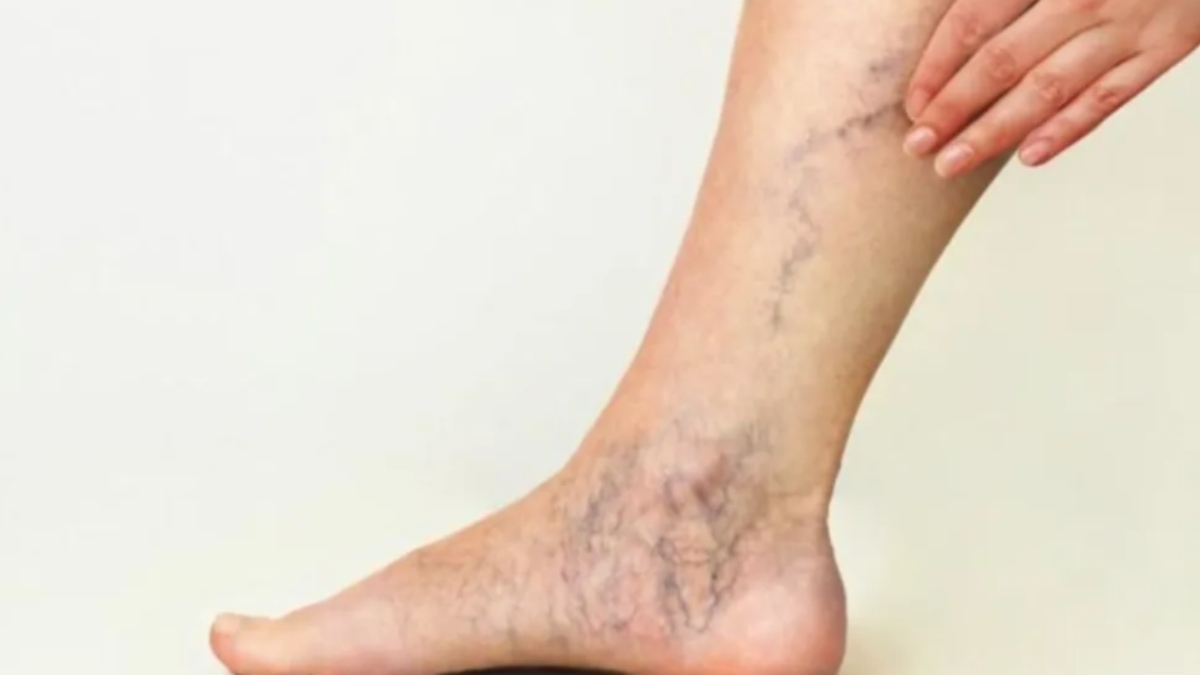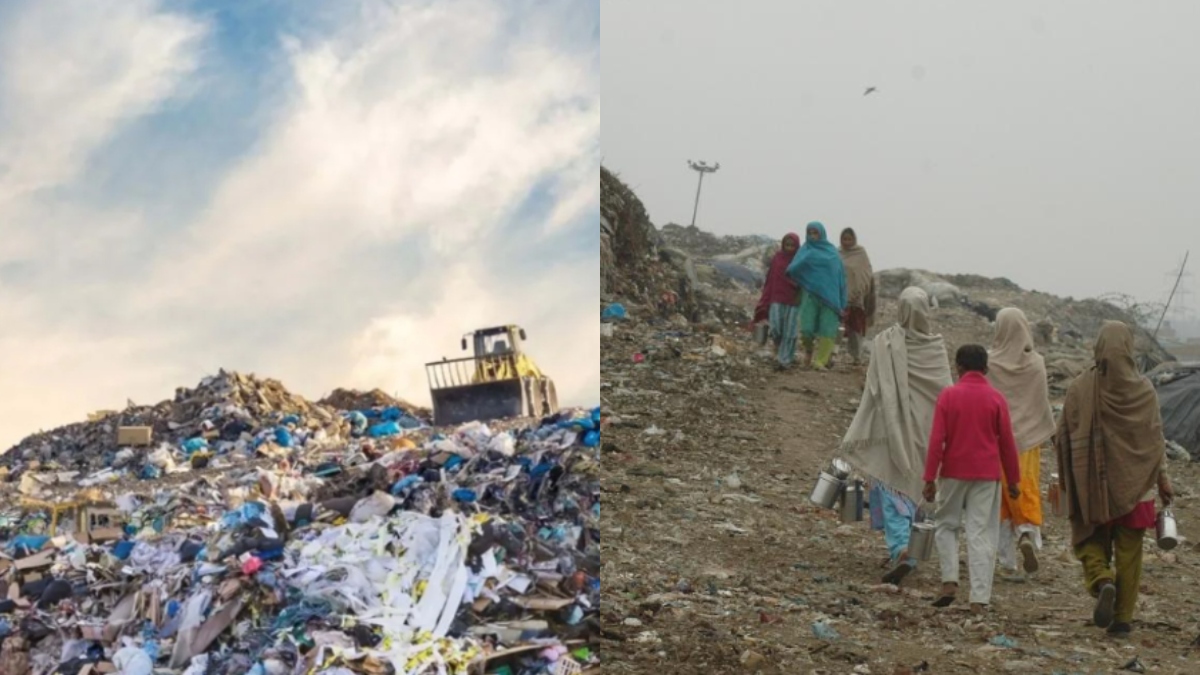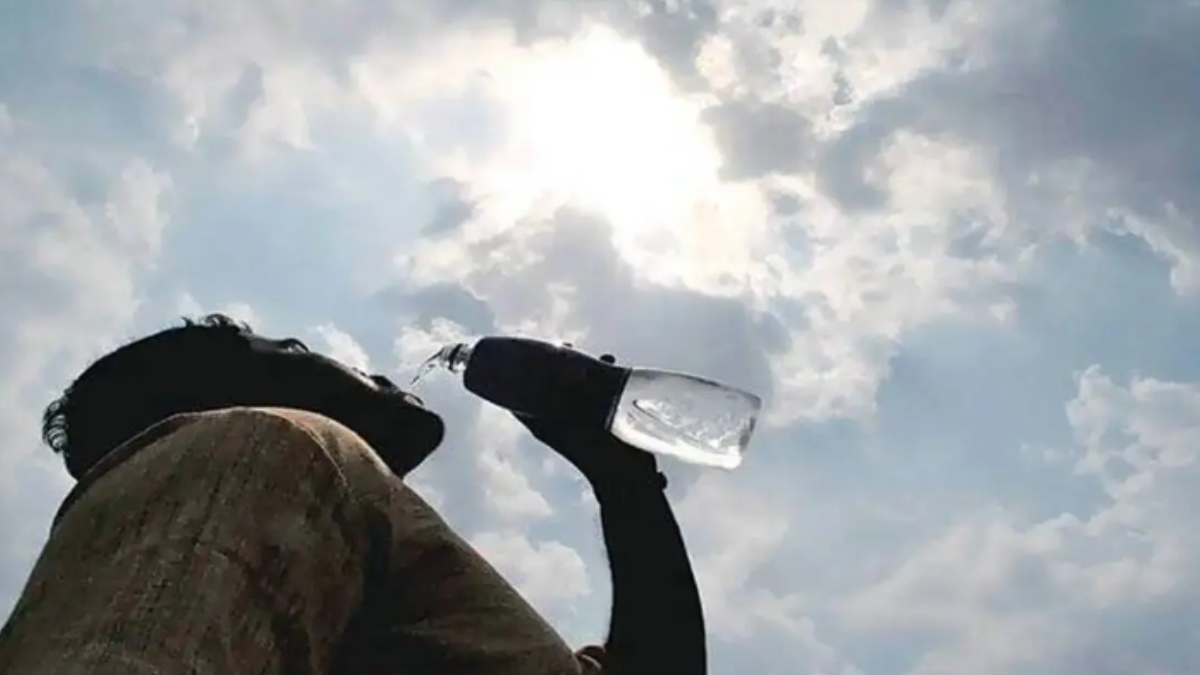The government on Thursday during the Budget 2024-25 session announced the extension of healthcare coverage under Ayushman Bharat to all ASHA and anganwadi workers.
The health cover under the Ayushman Bharat scheme will be extended to all ASHA and Anganwadi workers and helpers, said the Finance Minister during her Union Budget 2024-25 speech.
Ayushman Bharat Pradhan Mantri-Jan Arogya Yojana (AB-PMJAY) is the largest publicly funded health insurance scheme in the world that provides coverage of Rs 5 lakh per family per year for secondary and tertiary care hospitalisation.
Till December 27 last year, 55 crore people belonging to 12 crore families were covered under the scheme. While presenting the interim Budget, Finance Minister Nirmala Sitharaman said it is the governments priority to adequately and timely finance MSMEs.
The Finance Minister added that all programs for maternity and child healthcare will be combined into a single, all-inclusive program.
In addition, Sitharaman stated that the Lakhpati Didi schemes aim has been raised by the Indian government from Rs 2 crore to Rs 3 crore.
The Indian governments flagship healthcare scheme, Ayushman Bharat, has been making headlines since its inception in 2018. Under this scheme, the government has been providing health insurance to economically vulnerable families to alleviate the financial burden of medical expenses. However, in a recent announcement, the government has decided to extend the healthcare coverage under Ayushman Bharat to include ASHA and anganwadi workers as well. This move is a significant step towards achieving universal health coverage and ensuring the well-being of these vital frontline workers.
ASHA (Accredited Social Health Activist) and anganwadi workers play a crucial role in Indias healthcare system. ASHAs are community health workers who act as a bridge between the healthcare system and their respective communities. They provide essential primary healthcare services, promote health and hygiene practices, and mobilise community members for various health-related programs. On the other hand, anganwadi workers work under the Integrated Child Development Services (ICDS) program and are responsible for providing nutrition and healthcare services to children under the age of six and pregnant or lactating mothers. These workers not only play a vital role in promoting healthcare but also act as a source of support and information for their communities.
